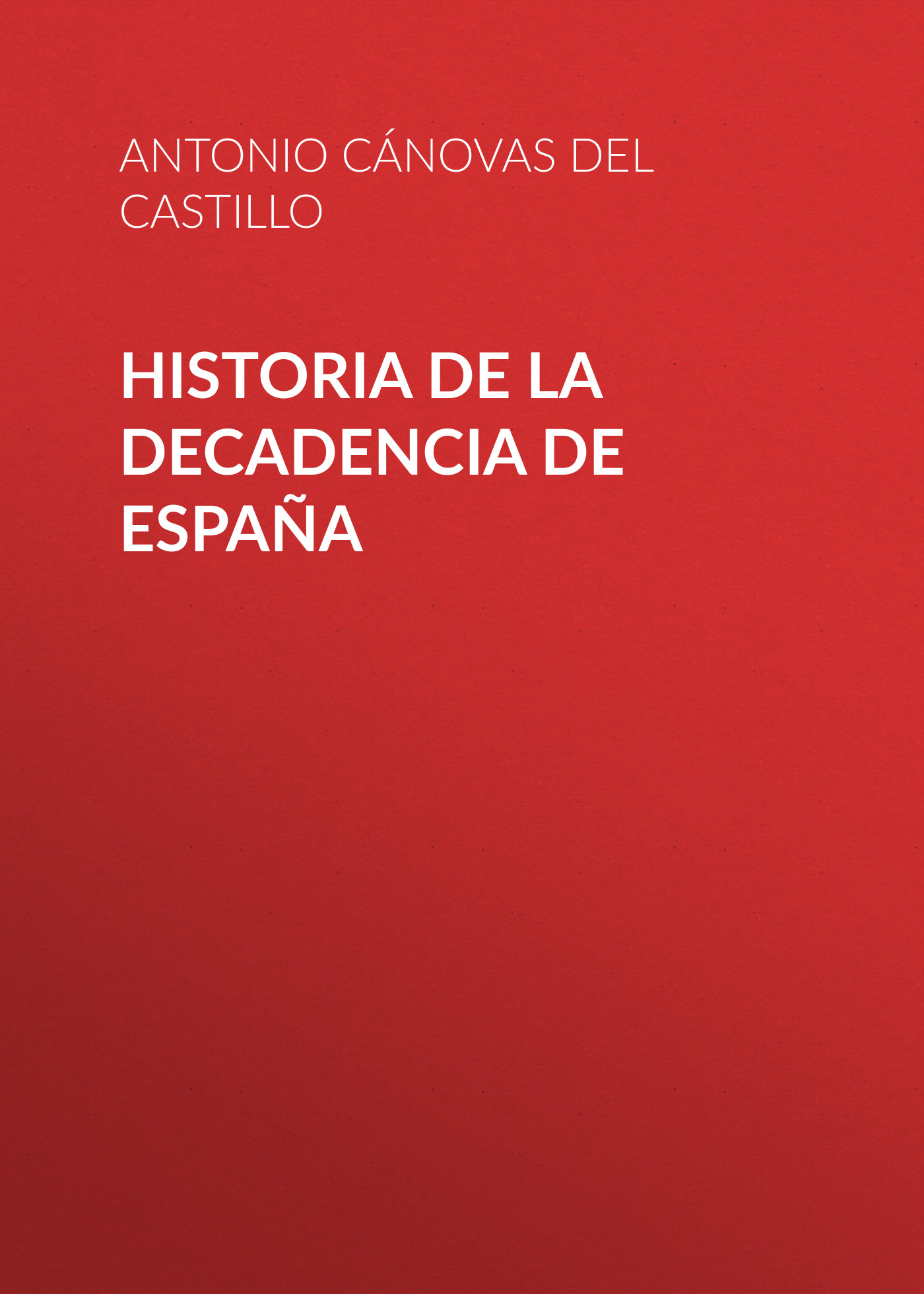Электронная книга: Cánovas del Castillo Antonio «Historia de la decadencia de España»

|
Издательство: "Public Domain"
электронная книга Скачать бесплатно на Litres |
Cánovas del Castillo, Antonio
* * *
Источник: Cánovas del Castillo, Antonio
Другие книги схожей тематики:
| Автор | Книга | Описание | Год | Цена | Тип книги |
|---|---|---|---|---|---|
| Cánovas del Castillo Antonio | Historia de la decadencia de España | — Public Domain, электронная книга Подробнее... | электронная книга |
См. также в других словарях:
Historia de la gastronomía de España — La cocina española nace de lo popular, es histórica, tradicional y se enriquece con los diversos medios regionales de cocinar.[1] … Wikipedia Español
Historia de la historieta en España — La historia del cómic en España puede remontarse muy atrás en el tiempo, dependiendo de lo que se entienda por historieta. Por ello, y al igual que sucede en otros países europeos, existe una fuerte controversia sobre cuál fue el primer cómic… … Wikipedia Español
Historia moderna de España — es la disciplina historiográfica y el periodo histórico de la historia de España que corresponde a la edad moderna en la historia universal. Como hito inicial suele considerarse el Descubrimiento de América, hecho histórico de excepcional… … Wikipedia Español
Decadencia española — Saltar a navegación, búsqueda Decadencia española fue el proceso paulatino de agotamiento y desgaste sufrido por la Monarquía Hispánica a lo largo del siglo XVII, durante los reinados de los denominados Austrias menores (los últimos reyes de la… … Wikipedia Español
Decadencia del Imperio romano — Saltar a navegación, búsqueda == Para otros usos de este término, véase Decadencia del Imperio romano (desambiguación). La Porta Maggiore de Roma. Grabado de Giovanni Battista Pi … Wikipedia Español
Historia de las ideas — o historia del pensamiento es la rama de la historiografía que estudia la evolución de las ideas o pensamiento expresado a través de las distintas producciones culturales. Campos de estudio confluyentes son la sociología del conocimiento, la… … Wikipedia Español
